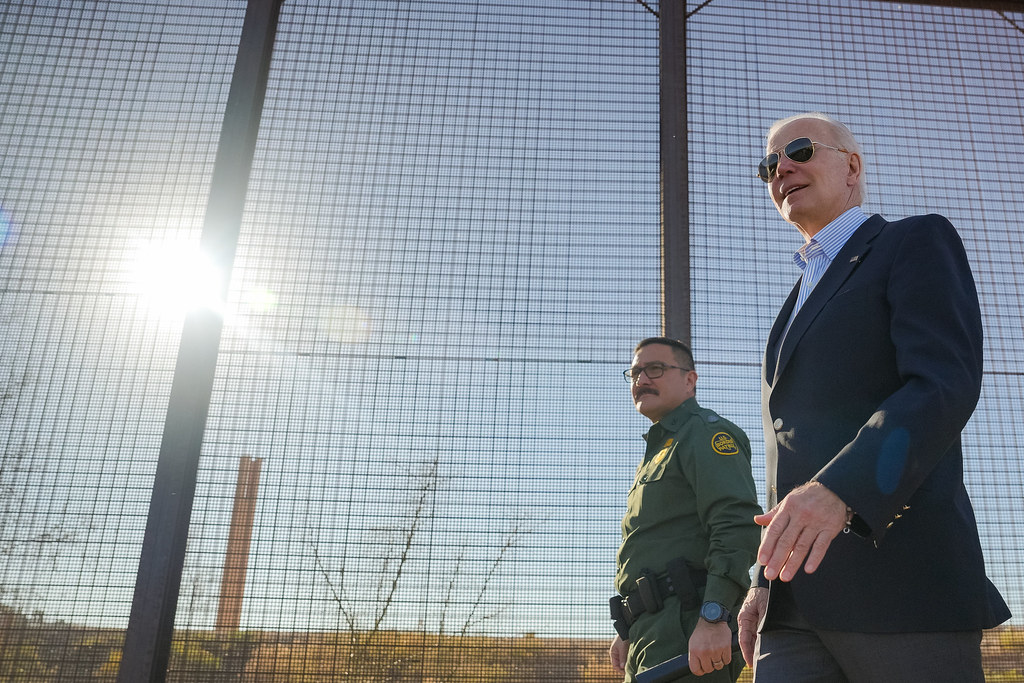Already a subscriber? Make sure to log into your account before viewing this content. You can access your account by hitting the “login” button on the top right corner. Still unable to see the content after signing in? Make sure your card on file is up-to-date.
The Biden administration has resumed a humanitarian parole program for Cubans, Nicaraguans, Haitians, and Venezuelans after temporarily halting it due to fraud concerns.
Let’s bring you up to speed: The US humanitarian parole program allows people from Cuba, Nicaragua, Haiti, and Venezuela to enter the country legally for two years. Participants must clear health and background checks and have a US sponsor who can support them financially. This program provides a legal way for individuals from these countries to live and work in the US. It’s intended to “cut back” on those trying to enter the country illegally.

What’s going on now: Earlier this month, the Biden administration temporarily halted the humanitarian parole program after concerns about fraud in sponsorship applications. The Department of Homeland Security (DHS) found irregularities, such as sponsors providing false information or engaging in “questionable activities.” To address these issues, the program was paused for a thorough review and the implementation of additional safeguards.
Stats: Over the past year, more than 386,000 people from Cuba, Haiti, Nicaragua, and Venezuela have entered the United States through the humanitarian parole program.
Two different views: Those against the humanitarian parole program argue that it undermines immigration laws by allowing many to enter the US without following traditional visa or asylum processes. They claim this could worsen border challenges and strain resources in communities where parolees settle, leading to more competition for jobs and public assistance. Additionally, some believe the program is unconstitutional as it bypasses Congress’s role in crafting immigration policy.
Those for the humanitarian parole program argue that it offers a vital legal pathway for those fleeing dangerous conditions in Cuba, Haiti, Nicaragua, and Venezuela, providing a safe refuge in the United States. They believe it helps reduce illegal border crossings by offering an alternative to risky migration routes. Additionally, they note that it benefits the economy by allowing parolees to work legally and contribute to the economy.






